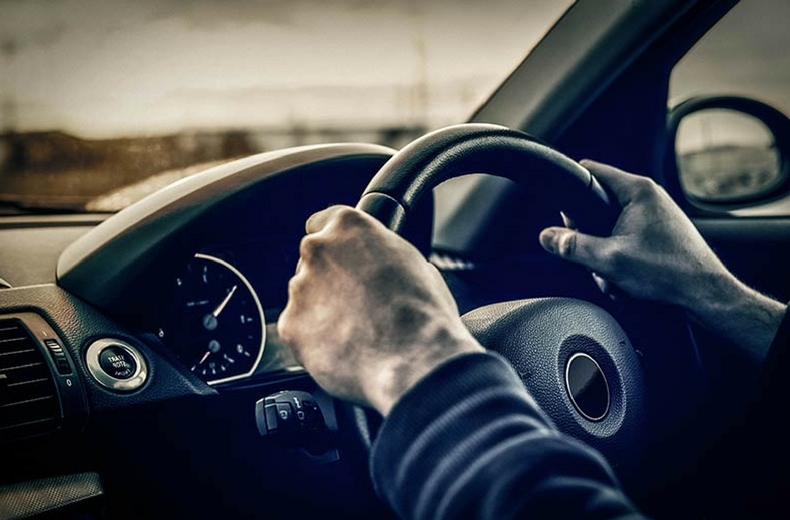Several factors, including weather conditions, aggressive driving, drunk or drugged driving, distracted driving, and drowsy driving, commonly contribute to auto accidents. In 2019 alone, the U.S. Bureau of Transportation Statistics reported that a total of 6,756,000 crashes occurred on the streets and highways throughout the U.S. Millions of people suffered injuries and tens of thousands died due to such collisions.

Why Do Auto Accidents Happen?
Various reasons play a role in causing traffic crashes. Some of the common contributing factors result from things outside drivers’ control, such as weather conditions. Others, however, result directly from drivers’ behavior. Identifying the cause may help those injured in an accident to prove fault to the insurance companies or to recover compensation for their injury-associated losses through legal proceedings.
Weather Conditions
Weather conditions may significantly affect the roadways and traveling conditions, consequently causing auto collisions. According to the U.S. Department of Transportation’s Federal Highway Administration, weather conditions cause about 21% of all motor vehicle wrecks that occur each year. Rain, wind, debris, fog, sleet, and snow may affect drivers’ ability to see the road and the vehicles around them. Debris, puddles, and ice may make the roads slick, increasing the possibility of people losing control of their vehicles.
Aggressive Driving
Aggressive driving behaviors frequently play a role in causing car accidents. Aggressive drivers often consider themselves assertive, and thus, safer. Failing to follow the traffic signs and signals, speeding, failing to yield the right-of-way, and engaging in other such driving behaviors may put the aggressive drivers themselves, as well as their passengers and the motorists with whom they share the road, in a greater danger for involvement in collisions.
Drunk or Drugged Driving
Drinking alcohol and using drugs commonly contribute to causing motor vehicle wrecks. Alcohol and drugs may have effects that create driving impairments and increase people’s chances of causing traffic crashes. These effects may include loss of judgment, decreased coordination and muscle control, slowed thinking, and lowered alertness.
Distracted Driving
Distracted drivers often cause car collisions because they lack the time or the ability to react to changes in traffic or unexpected hazards. Today’s drivers face a plethora of distractions while behind the wheel. A distraction for drivers includes any behavior or action that removes their mind from the job of operating their vehicles, their hands from the wheel, or their eyes from the road. For instance, eating or drinking, changing the radio station, texting, and even talking to a passenger may take people’s attention from the task of driving, and thus, increase their chances of getting into an accident.
Drowsy Driving
Many car crashes occur due to drowsy driving. Drowsiness may cause impairments similar to those resulting from drinking alcohol or using drugs. For example, fatigue or extreme sleepiness may cause people to experience reduced ability to make decisions, slowed reaction times, and decreased attentiveness. These and other such effects may affect drivers’ ability to control their vehicles, as well as their response to hazards or situations while behind the wheel.